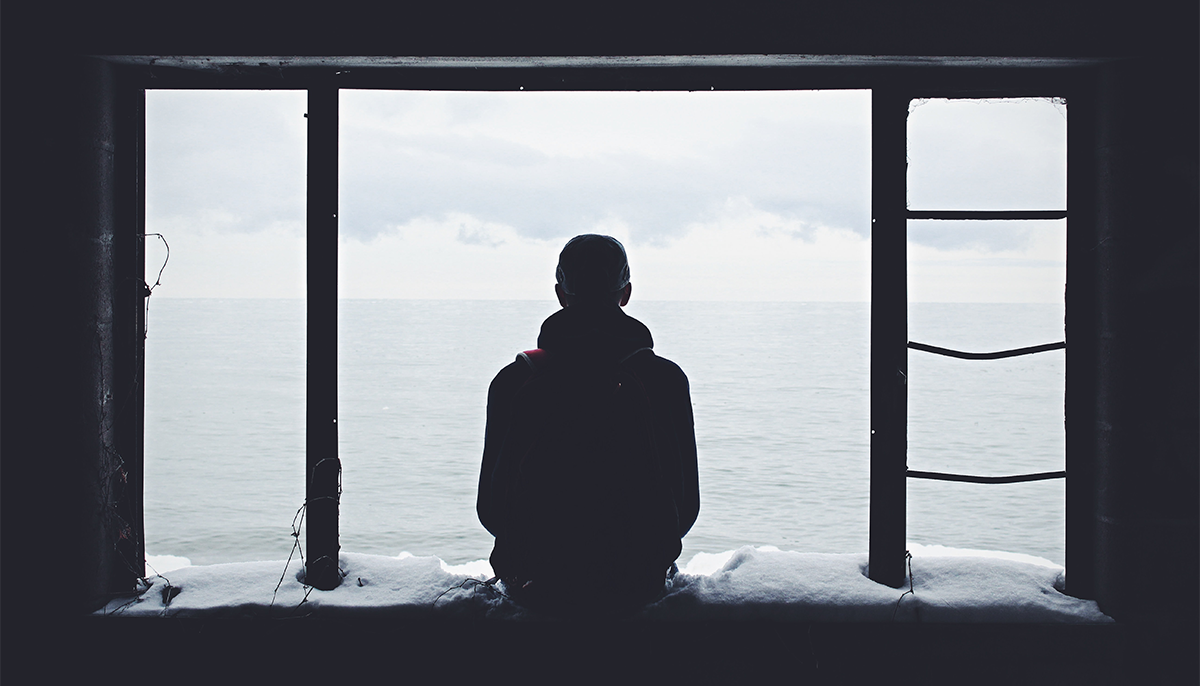I live in an area where Buddhist centers are few and far between, and the ones I can get to aren’t really my cup of tea. That means it’s hard for me to have a relationship with a teacher or community, which are supposed to be essential. Is it OK to practice on my own, and how do I do it without support?
Mitchell Ratner: Learning to follow the eightfold path of mindfulness practice is similar to becoming adept at stage magic or tai chi or anything else. There is a lot one can learn from books and online videos. But it is also a great help to be around and learn from those who are proficient, especially those who are really good at it.
I suggest you first look for a Buddhist tradition that feels right to you. Many traditions now have online communities and live discussion groups that use internet audio and video. Then, if you can, attend an event in that tradition, such as a weekend retreat, even if it requires some travel. If you feel the tradition speaks to your heart, stay in touch and attend when you can. Two weekend retreats a year can help a lot.
Communities and good teachers can offer wonderful nourishment, and, also they are human and imperfect. The present moment is our true home, our true teacher. It is the teacher that will never let us down.
Some practice communities, such as the Plum Village tradition of Thich Nhat Hanh, which I am a member of, encourage even new practitioners to start their own local face-to-face communities if none exists nearby. We all do the best we can given the context of our lives.
It may also be helpful to remember a teaching Thich Nhat Hanh gave me several decades ago when I was having some doubts. He told me, communities and good teachers can offer wonderful nourishment, and, also they are human and imperfect. The present moment is our true home, our true teacher. It is the teacher that will never let us down.
Read more from our #MeditationHacks series…
[tag_groups_post_list tag__in=73585 posts_per_page=13]
